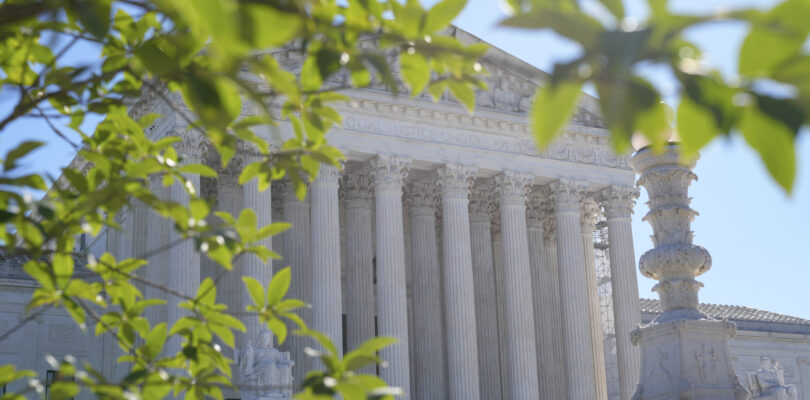Thousands of disabled veterans could be eligible for additional retroactive combat-related special compensation after the Supreme Court unanimously ruled last week that federal officials had unfairly capped those payments.
Officials from the National Veterans Legal Services Program, which helped bring the legal suit, said more than 9,000 individuals nationwide could benefit from the ruling. In a statement, Executive Director Paul Wright said the move means that those veterans “will finally receive the full amount of the compensation they earned through their service and sacrifice.”
The case — Soto v. United States — has been winding through the federal courts since 2017 and has been pending before the Supreme Court since last fall. Arguments on the issue took place in April.
The plaintiff, Marine Corps veteran Simon Soto, served for six years on active-duty including two tours. He suffered post-traumatic stress related to his work in the search and recovery of war casualties.
Appeals court rules Trump can deploy National Guard to LA for now
When Soto was medically discharged from the service, he was awarded permanent medical disability retirement. Ten years later, he applied for the military’s combat-related special compensation program, which awards retroactive pay for certain service-related injuries.
Military officials determined Soto qualified for the program, but granted him only six years of back pay, asserting a six-year statute of limitations on claims. The lawsuit, filed by NLVSP and Sidley Austin LLP, argued that limit was arbitrary and not supported by current law.
The Supreme Court overturned lower court rulings supporting the military’s position, unanimously agreeing that there should be no six-year cap.
“Where, as here, the statutory scheme involves a small group of particularly deserving claimants, it is not extraordinary to think that Congress wished to forgo a limitations period,” Justice Clarence Thomas wrote in the high court’s decision.
“Further, the [program] statute clearly authorizes the secretary concerned to determine claimants’ eligibility according to specific criteria, and those criteria say nothing about time limits.”
The ruling applies to all veterans receiving the combat-related special compensation who were capped because of the six-year time limit. Veterans can contact the legal services program to see if they qualify for additional compensation.
NVLSP is handling a separate case arguing the government’s limit on awards to less than $10,000 is also unsupported by law, which could increase some veterans’ payouts even further.



